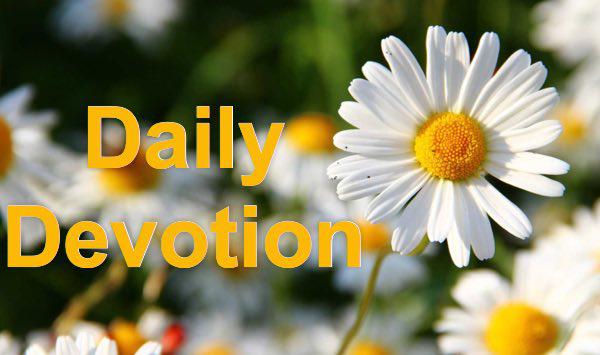
1 Timothy 1:18-19; 1 Timothy 4:1-2
Are you making certain choices today that your conscience would not have allowed in the past? If so, you may have become desensitized. That is a dangerous place to be.
As we discussed yesterday, God gave us an internal sense of right and wrong to use along with the Holy Spirit’s guidance when making daily choices. The conscience serves as an “alarm system,” intervening when a Christian is about to take part in ungodly behavior. In that way, it offers protection. But sin can throw off the system’s sensitivity.
The insidious process begins if we choose to disobey and then refuse to deal with our rebellion. The conscience warns us repeatedly, but it will eventually become silenced and ineffective if we persist in ignoring the distress signal. When that happens, there are no longer any signals from the heart to point us back toward godliness—in other words, the conscience has become seared.
This situation is akin to removing all traffic lights from a busy intersection: it is a recipe for disaster. If you are at this place, get on your knees and repent, immersing yourself in God’s Word and bathing your life in prayer. Pursue accountability and fellowship with other believers. A healthy conscience is worth the effort.
Are your internal signals in good working order, or have they been stifled? Don’t delay. Scripture warns us that we have a real enemy who desires to lure us away from godliness and into destruction. God uses a clear conscience to guide, protect, and lead us into His light and peace.
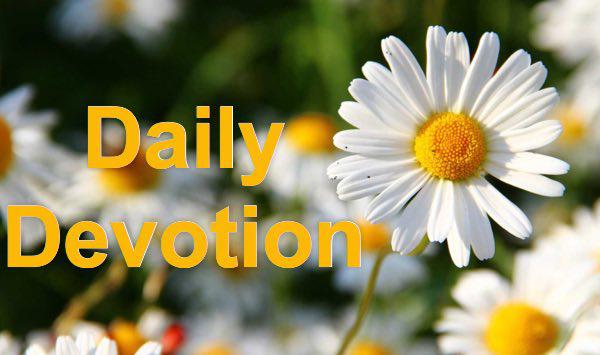
When facing hard decisions, do you pay attention to your conscience? And is it necessarily wise to trust this inner voice?
God gave everyone an internal sense of right and wrong. In fact, reflecting His truth inwardly is one way that He reveals Himself to mankind. The conscience is a divine alarm system that warns us of oncoming danger or consequences. Its primary purpose is protection and guidance.
The problem, however, is that sin warps perception and can lead us astray. So it’s important to understand the difference between following your heart and allowing a clear conscience to help with decisions. To make a determination, ask, What is the greatest influence on my morality? If the world’s system of what is acceptable has infiltrated your heart, then your conscience cannot be trusted. But if you have allowed God’s Word to permeate and transform your thinking (Rom. 12:2), that inner voice is likely trustworthy.
The Holy Spirit, along with a divinely informed conscience, guides believers. In order to keep that internal guidance system healthy, we should continually meditate on Scripture. The Ten Commandments are a solid basis for morality, and we are wise to internalize them—especially the two Jesus highlighted: to love God above all else and to love others (Matt. 22:36-40).
What would you say has the greatest impact on your belief system? Is it the truth of Scripture? Or do the world’s standards of right and wrong infect your heart? Almighty God knows what is best for you, His child—and He provided a conscience to guide you toward wise decisions.
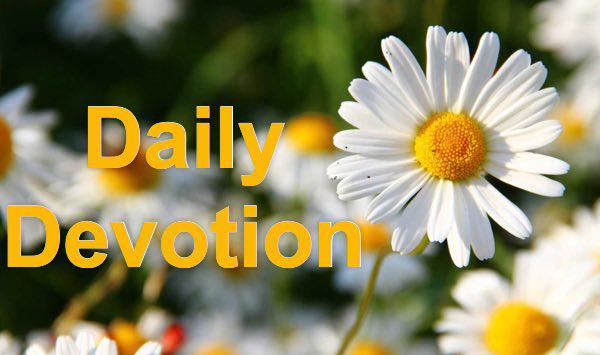
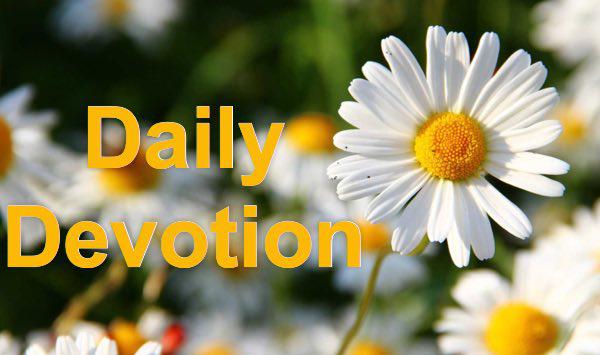
To find examples of wise, godly reactions to disappointment, you’re more likely to turn to Psalms than to Matthew. But the very first chapter in the New Testament tells the story of an upright man’s reaction to painful and disheartening news.
Joseph—Jesus’ earthly father—was a righteous person. A godly man wants a wife who shares his desire to honor and obey the Lord, and Scripture indicates that Mary was exactly that sort of woman (Luke 1:45-55). So imagine how stunned Joseph must have been when Mary returned from a long visit with her relative Elizabeth and told him that she was pregnant. Moreover, she was claiming no man had touched her.
No matter how Joseph looked at the situation, it appeared grim. And yet Matthew 1:20says that he “considered”—in other words, he sought a wise, righteous response. God entered Joseph’s life in a dramatic way to confirm Mary’s story and put a stop to his plans for a quiet annulment.
The Lord turned Joseph’s mourning into great purpose. Mary had told the truth—strange and startling though it was. The couple would bear the intense public censure of a too-soon pregnancy, but Joseph stopped thinking about what others would say. God had sacred work for him: to raise the Messiah, alongside a faithful woman.
Followers of Christ should seek a godly response to disappointments they face. Since the Lord always has a plan, the wisest reaction is to anticipate the good He can do and await His timing. God certainly blessed Joseph for his willingness to seek God’s kingdom first (Matt. 6:33).
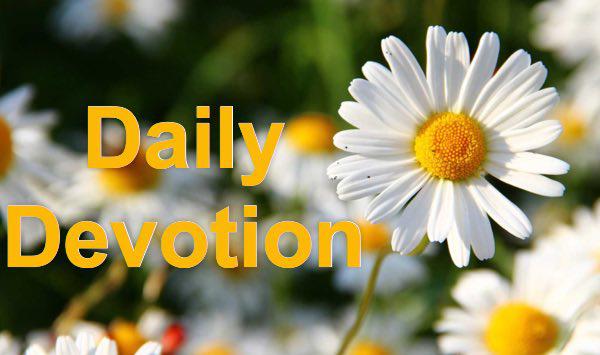
There are many options in life, especially for those who live in a relatively free country. Where we live, whom we marry, and what kind of career we pursue—all these are very much influenced by our desires and choices. But there is one event over which we have no control, and that’s our appointment with death.
Adam and Eve, the very first human beings, actually did have a choice regarding life and death. When God gave Adam the command not to eat of the tree of the knowledge of good and evil, He said, “for in the day that you eat from it you will surely die” (Gen. 2:17). But Adam and Eve did eat of the forbidden tree, and sin and death became a constant companion of the human race from that day forward. In the genealogy of mankind, as recorded in Genesis 5, one phrase repeatedly drives this point home: “and he died.”
Although we can no longer choose whether to live or die, there was one other man who could. His name was Jesus Christ. In the book of John, He said, “I lay down My life so that I may take it again. No one has taken it away from Me” (John 10:17-18). Jesus, the eternal Son of God and source of all life, chose to take on human flesh in order to die on the cross as a sacrifice for the sins of mankind.
Because Jesus chose death, man can now have life eternal by believing in Him. Our human bodies will one day die, but if we’ve trusted in Christ’s death as the payment for our sins, we’ll be resurrected as He was and enter heaven to be with Him forever.

